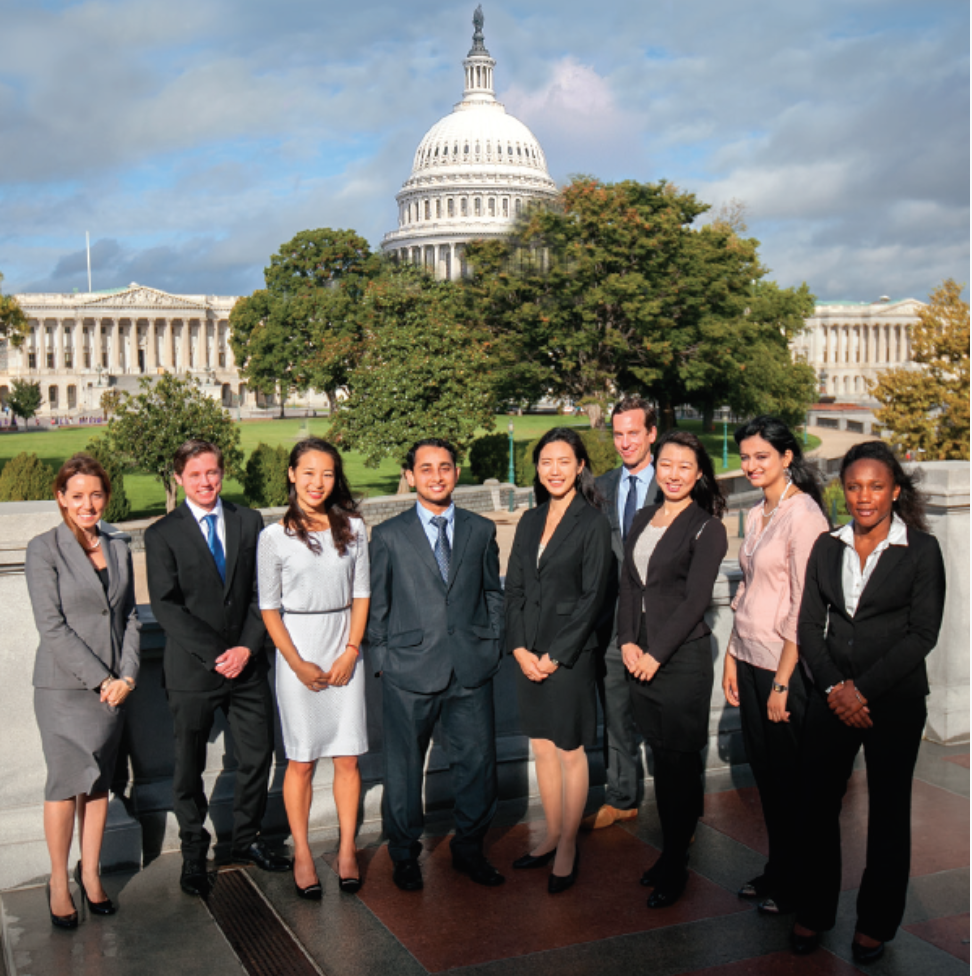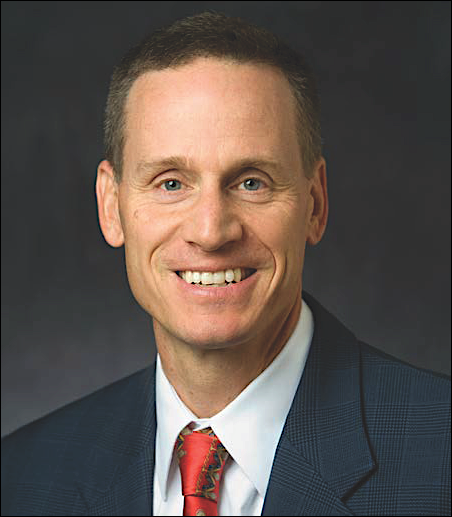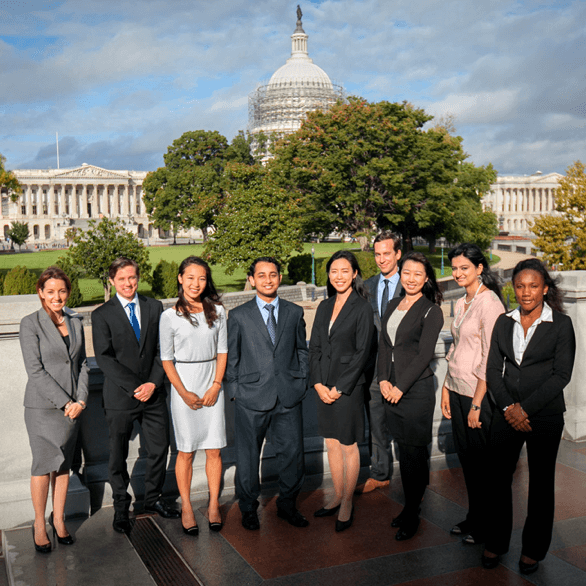Domestic Policy — Defined
One of the unique characteristics of working in the field of public affairs is the need to promote the interests of the organization and people you work for in the midst of turbulent political conflict. In the United States, this conflict has engendered bitter, bipartisan struggles across many spaces: education, healthcare, immigration, infrastructure, national security, and the environment, to name a few.
While these struggles rage among elected officials, those doing the “business of government” are working hard to implement safer labor and employment laws, promote criminal justice reform to protect the rights of children, advocate for mitigation against climate change, improve infrastructure in the United States, and advance gender equality. In many ways, these impact-driven, mission-focused individuals “doing the business of government” play an important role in the wheels of change. To enact meaningful domestic policy reform, however, you need to have the relevant skills and background. So, how can you best gain the practical skills you need to turn your idealism into reality?
Particularly in today’s tumultuous and polarized political climate, getting an MPA is one of the most effective and results-oriented graduate degrees for students aiming to pursue a career in the public or nonprofit sectors.
This interdisciplinary degree places a strong emphasis on law, policy, and economics, allowing students to gain a comprehensive, nuanced, and detailed understanding of the political, economic, and social dynamics that shape the United States.
Solutions to our world’s most pressing public affairs challenges are implemented via a complex network of public, private, and nonprofit organizations. The MPA provides graduates with the hard and soft skills required to forge these solutions across sectors in a strategic, mission-oriented, and equitable manner. We foster the development of innovative ideas and tools that really matter for improving the political, economic, environmental, and social climate of our world.
A key component of an MPA program is experiential learning. Internships, externships, fellowships, consulting opportunities, and other hands-on experiences help to prepare students to take an active role in shaping domestic policy before and after graduation.




























